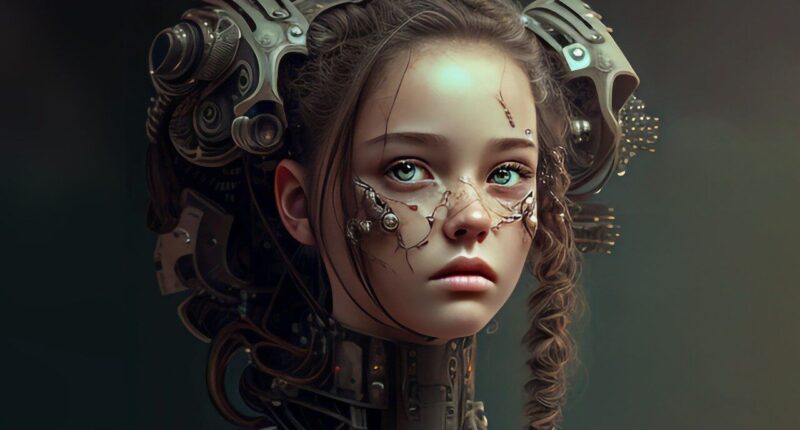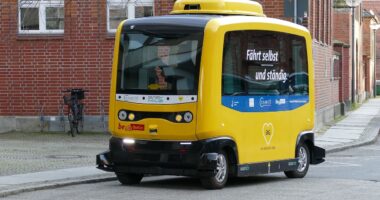Artificial Intelligence (AI) is not just a buzzword; it’s a transformative force that is redefining how we live, work, and interact. From the way we shop online to the algorithms that drive our social media feeds, AI is deeply embedded in our daily lives. But what does the future hold for this rapidly evolving technology? Here are some key areas where AI is poised to make a significant impact.
1. Healthcare Revolution
AI is set to revolutionize healthcare, making it more efficient and accessible. Advanced AI algorithms can analyze medical data with unprecedented speed and accuracy, leading to faster diagnoses and personalized treatment plans. For instance, AI-driven tools can identify patterns in medical images, helping radiologists detect conditions like cancer at earlier stages. Additionally, AI can assist in drug discovery, significantly reducing the time and cost involved in bringing new medicines to market.
2. Transforming Transportation
Self-driving cars are one of the most talked-about applications of AI. These autonomous vehicles promise to reduce accidents caused by human error, lower traffic congestion, and provide mobility solutions for those unable to drive. Companies like Tesla, Waymo, and Uber are at the forefront of this technology, continuously improving their AI systems to create safer and more efficient transportation options. Beyond cars, AI is also enhancing logistics and supply chain management, optimizing routes, and improving delivery times.
3. Smart Cities and Infrastructure
AI is playing a critical role in the development of smart cities, where data from various sources is used to improve urban living. AI systems can manage everything from traffic flow to energy consumption, making cities more sustainable and livable. For example, AI-powered traffic management systems can reduce congestion by dynamically adjusting traffic signals based on real-time data. Similarly, smart grids use AI to optimize energy distribution, reducing waste and lowering costs.
4. Enhanced Personalization
One of the most visible impacts of AI is in the realm of personalization. From Netflix recommendations to targeted advertising, AI algorithms analyze user behavior to deliver personalized experiences. This not only improves customer satisfaction but also boosts business efficiency. E-commerce platforms use AI to recommend products based on previous purchases and browsing history, while streaming services suggest content tailored to individual preferences.
5. AI in Education
AI is transforming education by providing personalized learning experiences. Intelligent tutoring systems can adapt to the learning pace and style of each student, offering customized support and resources. AI can also assist teachers by automating administrative tasks, allowing them to focus more on teaching and student engagement. Furthermore, AI-driven analytics can identify students at risk of falling behind, enabling timely interventions.
6. Ethical and Societal Implications
As AI continues to advance, it raises important ethical and societal questions. Issues such as job displacement, privacy concerns, and algorithmic bias need to be addressed to ensure that AI benefits everyone. Policymakers, technologists





